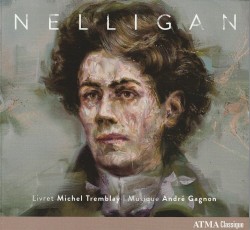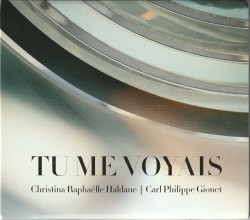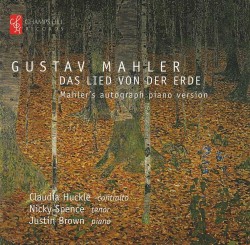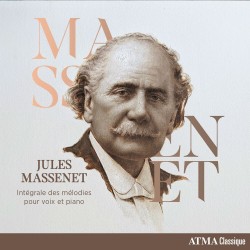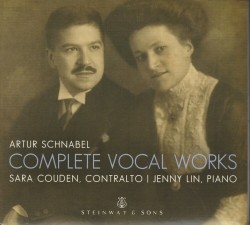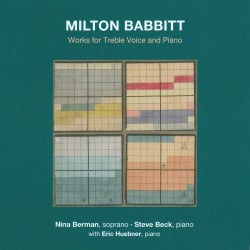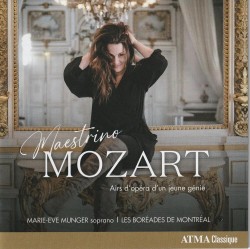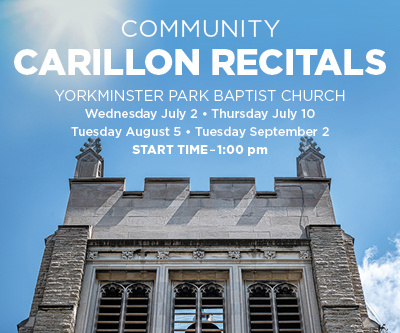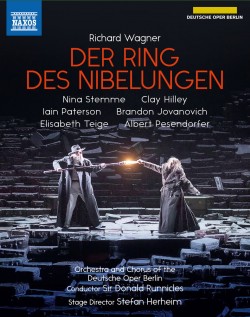 Wagner – Der Ring des Nibelungen
Wagner – Der Ring des Nibelungen
Stemme; Hilley; Paterson; Jovanovich; Teige; Pesendorfer; Deutsche Oper Berlin; Donald Runnicles
Naxos DVD 2107001 (naxos.com/CatalogueDetail/?id=2.107001)
Deutsche Oper in Berlin has always been famous for avant-garde, innovative, even iconoclastic versions of operas, so this brave new production was eagerly awaited. Filmed by Naxos on seven DVDs, all in HD full stereo sound in a deluxe edition, Der Ring des Nibelungen is a tetralogy that took Wagner 25 years to compose while in exile in Switzerland. It is directed by Stefan Hernheim, a multiple award-winning Norwegian-German director. It is a visionary Ring for the 21st century with today’s complex issues like the refugee crisis, inclusiveness and gender equality worked in, but fully respecting Wagner’s drama and music. It’s a stunning production, a visual knockout with an international cast of the best singers available today, masterfully conducted by Donald Runnicles.
Das Rheingold begins with an empty stage. A group of refugees with worn out suitcases walk across it stopped by a grand piano. The leader of the group strikes an E-flat note and the music begins. The E-flat triad is the basis of the Prelude and represents pure unspoiled Nature, the depth of the river Rhine; from here onwards things start to go awry (like the Expulsion from Paradise, the Original Sin). The group then breaks up, some become the singers, like the Rhine maidens, plus many extras. The backdrop is a white silk handkerchief that has a life of its own and expands into a giant screen. It undulates like the waves of the Rhine but later, with clever videography and projections, becomes a forest, mountains, fire or the majestic hall in Asgard. At the Finale the sheet is spectacular with all the colours of the rainbow as a backdrop to the Gods entering Valhalla. Outstanding singers are the young Wotan (Derek Welton), Alberich (Markus Brück) and Fricka (Annika Schlicht). Thomas Blondelle’s performance of the clever demi-god Loge is exceptional.
The grand piano is omnipresent at centre stage. Interestingly it stands for musical inspiration and is said to represent the famous Érard on which Wagner composed the entire Ring cycle. At emotionally charged moments a singer sits down and pretends to play with enthusiasm. Another important feature is the extras who do many different things, but mainly form a group like a Greek Chorus and at key points watch and silently comment on the action. Also, the director constantly reminds us of the plight of refugees with worn black suitcases piled up and forming a rocky terrain in the outdoor scenes.
In Die Walküre there are magnificent scenes. In the first act when the weaponless Siegmund desperately cries Wälse, Wälse! wo ist dein Schwert!? he is elevated on a platform some 20 feet above the stage which suddenly turns pitch black with only Siegmund illuminated. Spring bursts in as a giant translucent ball lit up inside in springtime colours – just gorgeous. The passionate love duet is beautifully sung by Brandon Jovanovich and Elizabeth Teige. In the Third Act the Ride of the Valkyries becomes pandemonium. The score is seing thrown around and the singers occasionally check it as if not sure of what they are doing. The corpses they carry come alive, crowd the stage and try to rape the warrior maidens(!). Finally they are all hustled off the stage by the angry Wotan. Wotan’s Farewell to Brünnhilde is affectionately sung by Iain Paterson as the stage becomes enveloped in fire (which is spectacular).
Some say that in Wagner one must sit through long boring bits to reach the gorgeous climaxes. Not so here, as the director, by closely working with the actors, ensures that every detail in the music is correlated to the stage action. This way there are no boring bits. The Second Act’s very long, angry monologue by Wotan venting his anger to Brünnhilde (the wonderful Nina Stemme) becomes interesting, even exciting.
In Siegfried, the title character (American heldentenor sensation Clay Hilley “who brought vocal heft and clarion sound to the role” – The New York Times) is raised in the forest by the evil dwarf Mime (the terrific Ya-Chung Huang). The Forging Scene is spectacular with vocal fireworks; the slaying of the dragon is fearsome and there is a lovely, tender scene of Siegfried’s dialogue with a forest bird, sung by a little boy soprano. In the final love scene the group of extras who surround the rock are interracial, sometimes even same sex young men and women eager to make love and urge Siegfried and Brünnhilde to do the same. They applaud and rejoice when it finally happens.
In Götterdämmerung we leave the fairy tale and enter reality, the world of men who are cunning and greedy. Hagen, Alberich’s evil son (Albert Pesendorfer) is a tremendous basso and there are great musical highlights like Siegried’s Rhine Journey and his gradual awakening from the magic spell (just before being murdered by Hagen) and the magisterially conducted Funeral Music.
In a cataclysmic ending – Brünnhilde’s self-sacrifice throwing herself into a giant funeral pyre – the Ring returns to the Rhine and in the conflagration Valhalla collapses and the age of the Gods is over. The stage is now empty in a silvery light and there is hope for a new era.
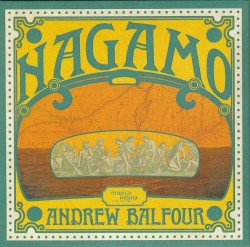 Andrew Balfour – Nagamo
Andrew Balfour – Nagamo 

